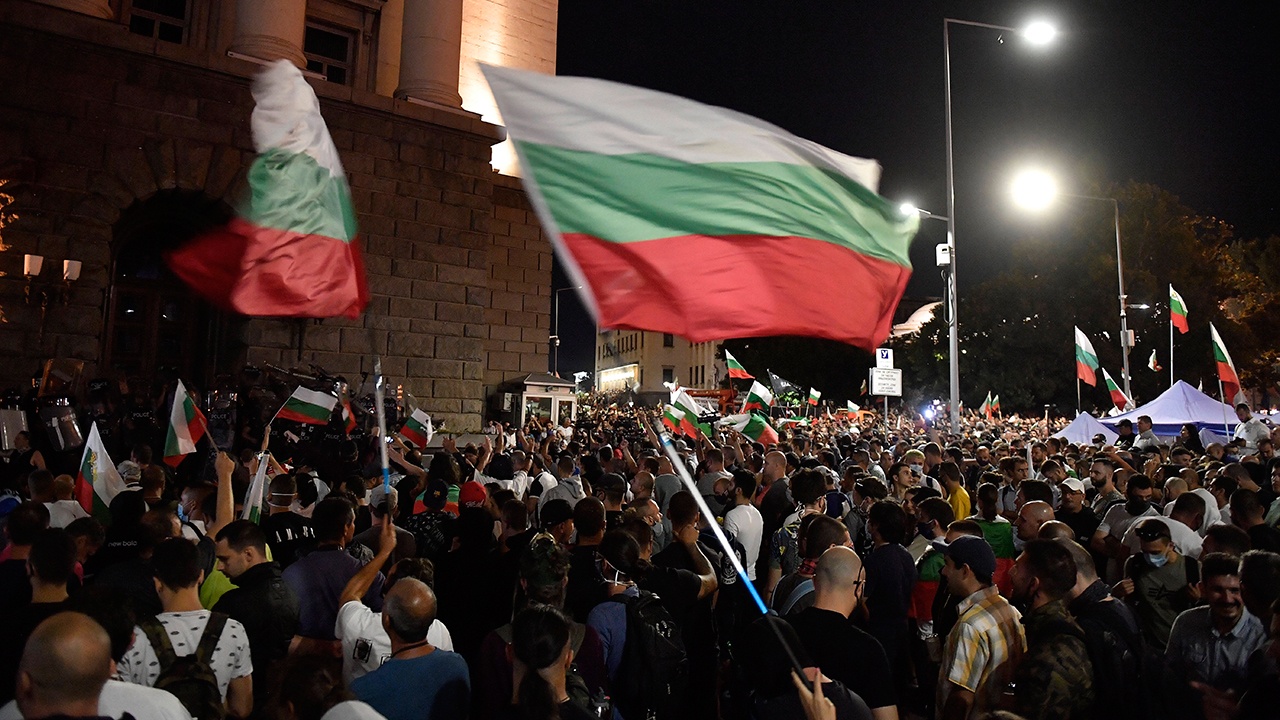Mass Protests in Sofia and Other Bulgarian Cities Against the Euro Transition

In recent days, large-scale demonstrations have taken place in Sofia, the capital of Bulgaria, as well as in several other cities across the country, against the upcoming transition to the euro, scheduled for January 1, 2026.
The protests were organized by the political party "Vazrazhdane" (Revival), which has expressed concern over a potential rise in prices and inflation following the introduction of the new currency. According to party representatives, the switch to the euro could lead to a significant increase in the cost of living, which would impact the budgets of ordinary Bulgarian families.
In addition to economic concerns, protesters also emphasize the threat to national identity and sovereignty. They believe that abandoning the national currency — the Bulgarian lev — will weaken the country’s financial independence and make it more dependent on decisions made by the European Union.
The demonstrations gathered several thousand participants who marched with slogans such as "Save the Lev!", "No to Price Hikes!", and "Bulgaria is not the Eurozone!". Protesters are urging the government to reconsider its plans for the euro transition and to hold a broad public debate on the issue.
At the same time, government and central bank officials claim that the transition to the euro will be smooth, and control measures will help avoid a sharp increase in prices and other economic risks. The Prime Minister and other officials emphasize that the euro will open new opportunities for Bulgaria’s economy, boost investment, and strengthen financial stability.
The protests have so far remained peaceful, but their scale and intensity indicate that a significant part of the public views the euro transition with great caution and concern.
 Latest news
Latest news Latest news
Latest newsGreece Plans to Exclude Turkiye from Future Defense Contracts
20.Feb.2026
U.S.-Based Mars Launches Major Investment Project in Kazakhstan
20.Feb.2026
Parliamentary Elections 2026 in Armenia as a Geopolitical Referendum
20.Feb.2026
Russia and Ukraine Fail to Reach Agreement in Geneva
19.Feb.2026
The South Caucasus in U.S. Foreign Policy: Implications of High-Level Visits for Russian and Chinese Regional Aspirations
18.Feb.2026
Ukraine Imposes Personal Sanctions on Belarusian President Alexander Lukashenko
18.Feb.2026
72% Against the Authorities: Economic Dissatisfaction Hits Record Levels in Turkiye
17.Feb.2026
Bulgaria Strengthens Defense: First American Stryker Vehicles Delivered
17.Feb.2026
Moscow Criticizes Plans to Build a U.S.-Backed Nuclear Power Plant in Armenia
16.Feb.2026
Washington expects Tbilisi to strengthen ties amid regional changes
15.Feb.2026

 28 Feb 2026
28 Feb 2026









